
The Battle of Brunanburh was fought in 937 between Æthelstan, King of England, and an alliance of Olaf Guthfrithson, King of Dublin, Constantine II, King of Scotland, and Owain, King of Strathclyde. The battle is often cited as the point of origin for English nationalism: historians such as Michael Livingston argue that "the men who fought and died on that field forged a political map of the future that remains [in modernity], arguably making the Battle of Brunanburh one of the most significant battles in the long history not just of England, but of the whole of the British Isles."
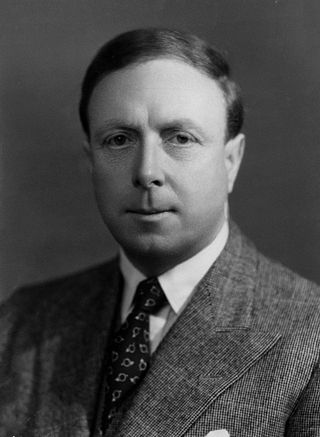
Archibald Joseph Cronin, known as A. J. Cronin, was a Scottish physician and novelist. His best-known novel is The Citadel (1937), about a Scottish doctor who serves in a Welsh mining village before achieving success in London, where he becomes disillusioned about the venality and incompetence of some doctors. Cronin knew both areas, as a medical inspector of mines and as a doctor in Harley Street. The book exposed unfairness and malpractice in British medicine and helped to inspire the National Health Service. The Stars Look Down, set in the North East of England, is another of his best-selling novels inspired by his work among miners. Both novels have been filmed, as have Hatter's Castle, The Keys of the Kingdom and The Green Years. His 1935 novella Country Doctor inspired a long-running BBC radio and TV series, Dr. Finlay's Casebook (1962–1971), set in the 1920s. There was a follow-up series in 1993–1996.

Philip James Hammond is a British physician, broadcaster, comedian and commentator on health issues in the United Kingdom. He is best known for his humorous commentary on the National Health Service. He first came into the public spotlight writing a column for The Independent newspaper, where he wrote with a strong pro-patient rights line and as Private Eye's medical correspondent "MD".

Mary Jane Kelly, also known as Marie Jeanette Kelly, Fair Emma, Ginger, Dark Mary and Black Mary, is widely believed to have been the final victim of the notorious unidentified serial killer Jack the Ripper, who murdered at least five women in the Whitechapel and Spitalfields districts of London from late August to early November 1888. At the time of Kelly's death, she was approximately 25 years old, working as a prostitute and living in relative poverty.
A casebook is a type of textbook used primarily by students in law schools. Rather than simply laying out the legal doctrine in a particular area of study, a casebook contains excerpts from legal cases in which the law of that area was applied. It is then up to the student to analyze the language of the case in order to determine what rule was applied and how the court applied it. Casebooks sometimes also contain excerpts from law review articles and legal treatises, historical notes, editorial commentary, and other related materials to provide background for the cases.

Stephen Vincent McGann is a British actor, best known for portraying Dr Patrick Turner in the BBC One medical period drama series Call the Midwife. He is one of a family of acting brothers, the others being Joe, Paul, and Mark.
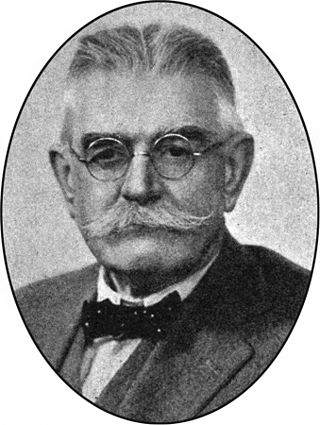
James Hogarth Pringle was an Australian-born British surgeon in Glasgow, who made a number of important contributions to surgical practice. He is most famous for the development of the Pringle manoeuvre, a technique still used in surgery today.
A medical drama is a television show or film in which events center upon a hospital, an ambulance staff, or any medical environment. Most recent medical dramatic programming go beyond the events pertaining to the characters' jobs and portray some aspects of their personal lives. A typical medical drama might have a storyline in which two doctors fall in love. Communications theorist Marshall McLuhan, in his 1964 work on the nature of media, predicted success for this particular genre on TV because the medium "creates an obsession with bodily welfare". The longest running medical drama in the world is the British series Casualty, airing since 1986, and the longest running medical soap opera is General Hospital running since 1963.
The casebook method, similar to but not exactly the same as the case method, is the primary method of teaching law in law schools in the United States. It was pioneered at Harvard Law School by Christopher Columbus Langdell. It is based on the principle that rather than studying highly abstract summaries of legal rules, the best way to learn American law is to read the actual judicial opinions which become the law under the rule of stare decisis.

Jack the Ripper was an unidentified serial killer active in and around the impoverished Whitechapel district of London, England, in the autumn of 1888. In both criminal case files and the contemporaneous journalistic accounts, the killer was called the Whitechapel Murderer and Leather Apron.
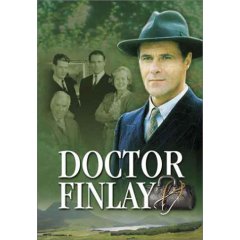
Doctor Finlay is a British television series based on A. J. Cronin's stories about the fictional medical hero, Dr. Finlay.
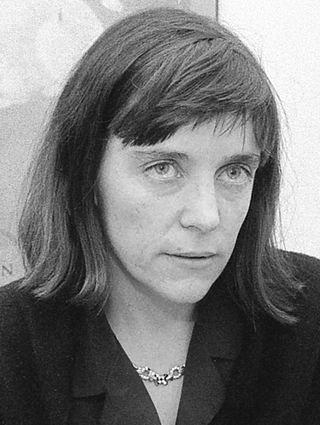
Ursula Dubosarsky is an Australian writer of fiction and non-fiction for children and young adults, whose work is characterised by a child's vision and comic voice of both clarity and ambiguity. She has won nine national literary prizes, including five New South Wales Premier's Literary Awards, more than any other writer in the Awards' 30-year history. She was appointed the Australian Children's Laureate for 2020–2021.
This is a list of sightings of alleged UFOs in Australia.
Peter Louis Waller was an Australian jurist. He was particularly well known for his work in evidence, medical and criminal law. He was Sir Leo Cussen Professor of Law at Monash University from 1965 until 2000, and thereafter Emeritus Professor. From 1968 to 1970 he was the Dean of the Faculty of Law at Monash University. From 1982 to 1984 he was the Law Reform Commissioner of Victoria. In 1984 he was appointed the Chairman of the Law Reform Commission, and from 1986 to 1992 he served as a part-time Commissioner. He has also served as the chairman of a number of medical and legal organisations, including the Infertility Treatment Authority, International Humanitarian Law Committee of the Australian Red Cross Society, Ethics Committee of the Walter and Eliza Hall Institute of Medical Research, and the Appeals Committee of the Royal Australasian College of Surgeons. Professor Waller previously served as Visiting Professor and Research Fellow in several universities in the United States, United Kingdom, Canada and Israel.
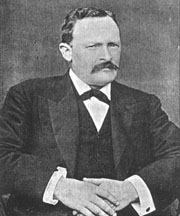
Thomas Horrocks Openshaw was an English Victorian and Edwardian era surgeon perhaps best known for his brief involvement in the notorious Jack the Ripper murders of 1888.

Dr. Finlay's Casebook is a television drama series that was produced and broadcast by the BBC from 1962 until 1971. Based on A. J. Cronin's 1935 novella Country Doctor, the storylines centred on a general medical practice in the fictional Scottish town of Tannochbrae during the late 1920s. Cronin was the primary writer for the show between 1962 and 1964.
The Department of History and Philosophy of Science (HPS), of the University of Cambridge is the largest department of history and philosophy of science in the United Kingdom. A majority of its submissions received maximum ratings of 4* and 3* in the 2014 REF. Located in the historic buildings of the Old Physical Chemistry Laboratories on Free School Lane, Cambridge, the department teaches undergraduate courses towards the Cambridge Tripos and graduate courses including a taught Masters and PhD supervision in the field of HPS. The department shares its premises with the Whipple Museum and Whipple Library which provide important resources for its teaching and research.

The Echo, founded in 1868 in London by Cassell, Petter, Galpin & Co., was London's first halfpenny evening newspaper. It was published daily except on Sunday. Sometimes its Saturday edition appeared under the name The Cricket Echo or The Football Echo. Issue Number 1 appeared on 8 December 1868. The Echo ceased publication with Issue Number 11,391 on 31 July 1905.
A case file or casefile is a collection of evidence or documents relating to a legal, medical, or social work case. It may also refer to:
Ralph Fletcher was an English surgeon and animal welfare writer. He authored the first casebook of psychosomatic medicine.